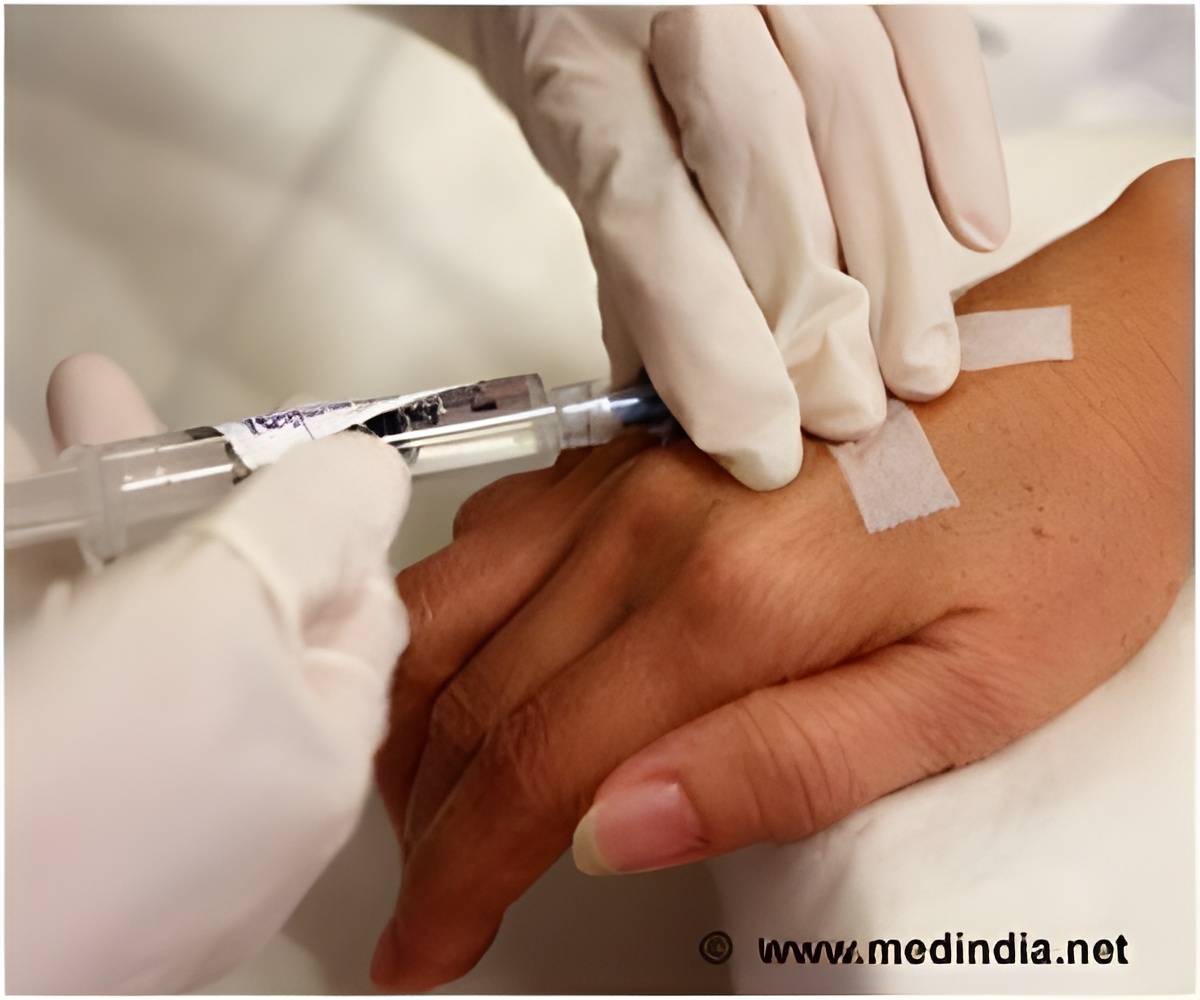
‘A rare variation in the CPA2 gene increases the risk of acute pancreatitis in acute lymphoblastic leukemia patients undergoing chemotherapy with the drug asparaginase.’
Tweet it Now
"In this study we identified several independent risk factors for asparaginase-induced pancreatitis and also gained insight into the mechanism responsible for this serious treatment complication," said corresponding author Mary Relling, Pharm.D., chair of the St. Jude Department of Pharmaceutical Sciences. "Understanding the risk factors for acute pancreatitis is important because in patients who can tolerate the drug, asparaginase reduces the likelihood that ALL patients will relapse." Researchers also identified an association between Native American ancestry and an increased risk of pancreatitis following asparaginase therapy. Ancestry was genetically defined in this study, with higher Native American ancestry in Hispanic ALL patients. For every 10 percent increase in Native American ancestry, the risk of pancreatitis increased 20 percent.
The study confirmed previous reports that older age as well as higher doses and longer duration of asparaginase therapy were associated with a greater risk of pancreatitis. Researchers found that the risk in ALL patients was higher in teenagers than in young children. The study was published in the Journal of Clinical Oncology.
The research included 5,398 ALL patients ranging from infants to young adults who were treated in clinical trials organized by St. Jude or the Children's Oncology Group, a federally funded pediatric cancer clinical trials network. The study included 188 patients who developed pancreatitis at least once during ALL therapy. The project was the largest yet to identify risk factors for asparaginase-related pancreatitis in ALL patients.
The search for risk factors involved checking patient DNA for more than 920,000 gene variants. Researchers also sequenced 283 genes, including genes associated with ALL risk and treatment outcome plus genes linked to an elevated risk of pancreatitis in patients with different health problems.
Advertisement
Other more commonly occurring gene variants identified in this study provided insights into the mechanisms underlying asparaginase-associated pancreatitis. The variants were more modestly associated with pancreatitis in this study. The variations included genes involved in purine metabolism and the cytoskeleton, which helps cells maintain their shape.
Advertisement
Source-Eurekalert















